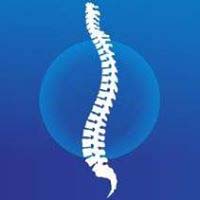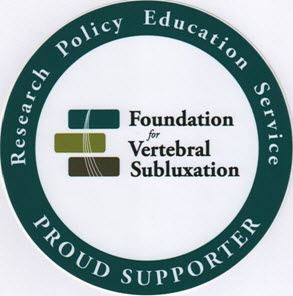A History of Spine Traction
Paul A. Oakley, MSc, DC, Joseph W. Betz, BS, DC, Jason Haas
Journal of Vertebral Subluxation Research ~ March 2, 2007 ~ Pages 1-12
Abstract
Objective: To delineate the history of spine traction in the literature.
Data Collection: A hand search of available reference texts and a computer search of literature were performed on traction in the Indexed Medicus, CINAHL, Index to Chiropractic Literature, and Mantis sources.
Results: Reviewed material indicates that most traction studies were performed in the axial-longitudinal and/or flexion postural positions. The goals of these positions are to reduce pain, and to decompress the IVF and the intervertebral discs. However, precise protocols are lacking for these traction uses. Mechanical traction for spinal deformity has a long history in the literature, but the use of bracing has replaced much of the older traction types for scoliosis. With a few exceptions, modern traction methods are quite similar to ancient methods. The few exceptions are sagittal curve restoration and methods that reverse the patient’s presenting posture to improve upright standing posture. There are 4 papers that report improvements in cervical and lumbar lordosis using a type of 3-point bending. A text on Autotraction and 2 papers on mirror image postural methods report improvements in upright standing posture.
Conclusions: Although the mechanical equipment has changed, the therapeutic goals of spinal traction have advanced very little over the past 5500 years. Most recent traction methods have made little contribution to the advancement of spinal traction, with the exception of the construction of redundant equipment. The recent advancement in the evolution of spinal traction is the use of 3-point bending to restore the sagittal spinal curves and mirror image postural positions used to restore normal upright posture.







